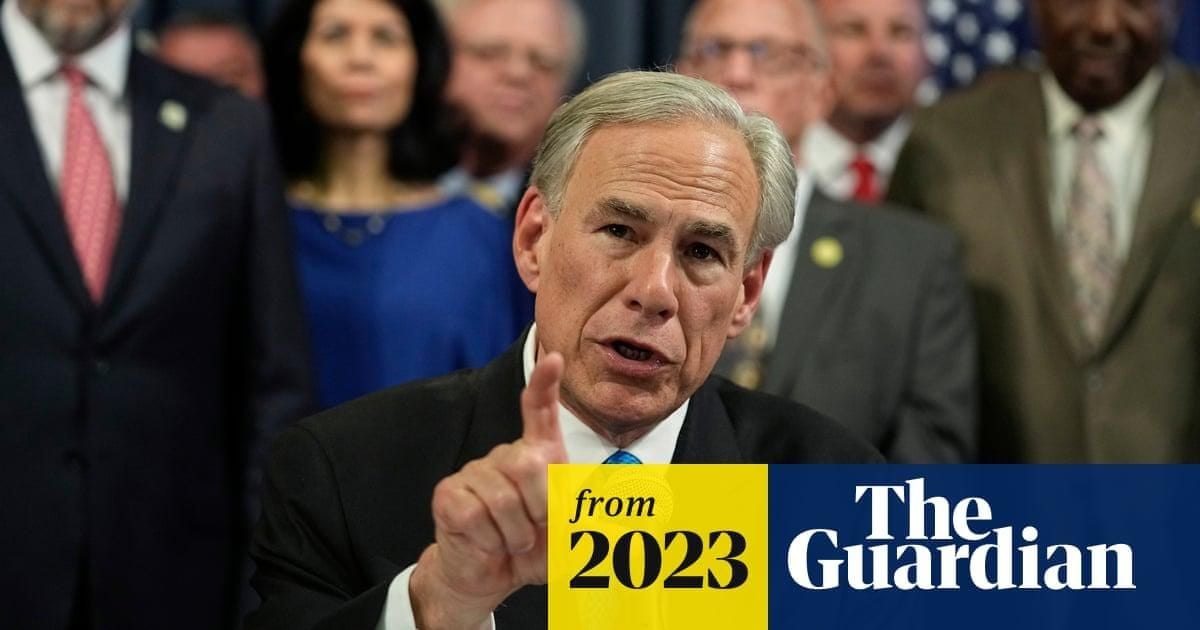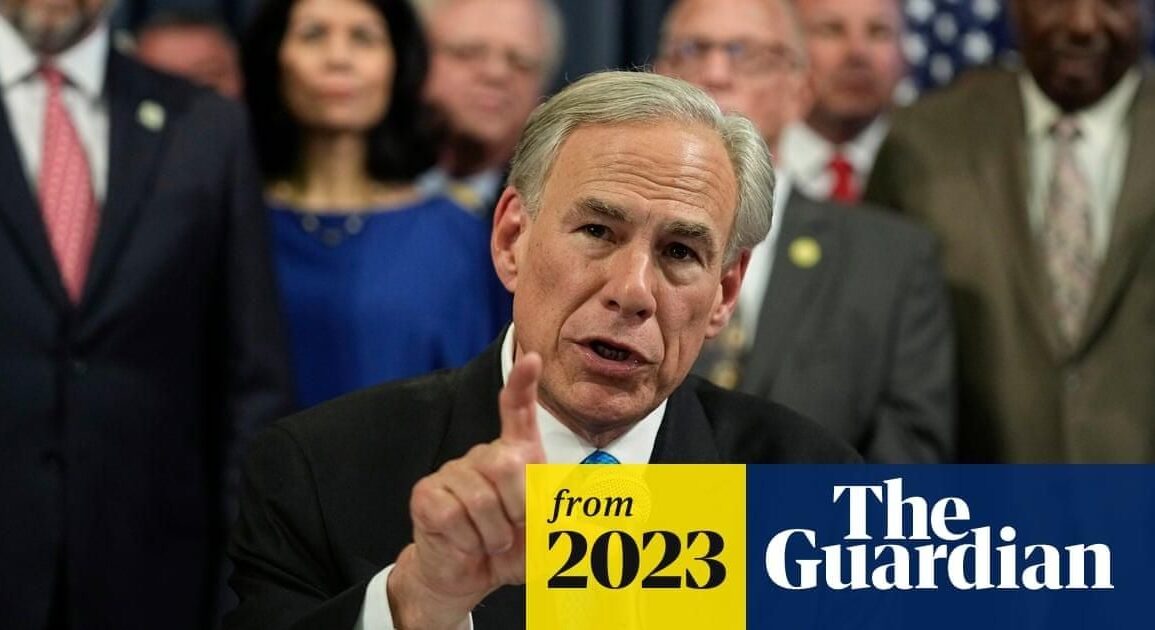
Texas Governor Greg Abbott has announced a ban on the use of Chinese-owned artificial intelligence and social media applications on government-issued devices, marking the state’s latest move to curb foreign influence and protect its infrastructure.
On February 1, 2025, Abbott issued directives leading to the prohibition of six apps: DeepSeek, RedNote, Lemon8, Webull, Tiger Brokers, and Moomoo. This bold action solidifies Texas as the forefront state responding to concerns over the data security risks presented by these applications.
“Texas will not allow the Chinese Communist Party to infiltrate our state’scritical infrastructure through data-harvesting AI and social media apps,” said Governor Abbott as he detailed the rationale behind the ban. He emphasized the need to protect sensitive information handled by state agencies, particularly those working with intellectual property and personal data. By limiting access to these applications, Abbott aims to shield state operations from potential espionage by the CCP.
The move to ban DeepSeek is particularly notable as the artificial intelligence chatbot has gained considerable traction among American users, raising concerns over competitive tech markets. DeepSeek’s launch reportedly sent ripples through Wall Street, showcasing capabilities comparable to established leaders like OpenAI but at potentially lower costs. This access to advanced technology has sparked dialogue among industry experts about the competition with Chinese technology firms.
RedNote, also known as Xiaohongshu or Little Red Book, has seen increased usage following TikTok’s short-lived ban, positioning itself as an alternative for users seeking social networking platforms. Owned by Chinese company Xingyin Information Technology, the app allows users to share lifestyle content, much like Instagram or Pinterest.
Lemon8, owned by ByteDance—the same parent company as TikTok—provides another social media alternative. Its connection to TikTok and the scrutiny surrounding the latter’s security risks, as highlighted by Abbott’s office, raises eyebrows about the potential for similar data privacy concerns.
This recent ban expands upon Abbott’s previous directive from 2022, which already restricted TikTok’s usage on government devices. Since then, the governor has pursued additional legislative measures, such as the signing of Senate Bill 1893, which allows for broad restrictions on applications deemed to pose security risks. Abbott’s recent actions reflect not only immediate concerns but also long-standing apprehensions over the technologies associated with the CCP.
Abbott stated, “To achieve our mission, I ordered Texas state agencies to ban Chinese government-based AI and social media apps from all state-issued devices. State agencies and employees must be protected from malicious operations by the Chinese Communist Party.” The language of Abbott’s statements indicates the seriousness with which the administration views potential threats from foreign influence.
Interestingly, this clampdown on Chinese tech is occurring within a larger national discussion about the role of artificial intelligence and its regulation. Recently, stakeholders and policymakers gathered at events across Texas, including conversations led by legislators focused on managing AI’s future development responsibly.
The governor’s actions coincide with hints of rising tensions around Chinese technology and American data security, as concerns grow over U.S. companies being outpaced by their Chinese counterparts. Experts suggest this scenario at play could mirror the arms race witnessed during the Cold War, raising alarms related to national security and technological supremacy.
During these discussions, Texas House Rep. Giovanni Capriglione remarked on the responsibility to regulate AI effectively without stifling innovation. He voiced concerns about how rapidly advancing technologies like DeepSeek may not prioritize user security, highlighting challenges facing regulators as they seek to catch up with technological advancements.
With Abbott’s ban now firmly in place, state employees and contractors are required to comply, ensuring none of the specified applications are available for download on state-owned or personal devices used for work. The ramifications of this ban are likely to be felt widely, not just within Texas, but potentially setting the stage for other states to follow suit with similar restrictions.
The growing scrutiny over these applications and their potential data-harvesting threats could force Chinese technology firms to rethink their strategies for accessing American consumers who seek alternatives to existing platforms.
Abbott’s announcement and the sweeping measures taken may now forge the future narrative around technology governance, foreign influence, and data ethics going forward.
This post was originally published on this site be sure to check out more of their content








